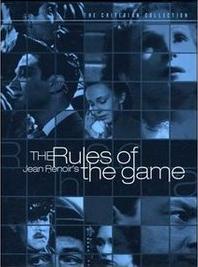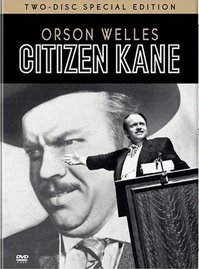When asked to interpret written words to discover their meaning, applicability, or significance, what rules, if any, do you use to assure the reliability of your interpretation?
This question was first posed on LinkedIn.
Here's my closing summary:
"When asked to interpret written words to discover their meaning, applicability, or significance, what rules, if any, do you use to assure the reliability of your interpretation?
"Change management inevitably involves us in the interpretation of written words. How can we help others, as well as ourselves, to obtain reliable interpretations?
"Time to close the question. As always I am very thankful to all who took the time to participate.
"Here's my take:
"Dictionary definitions (Pete, Wei, Debra) with etymologies (Cristina), even online ones, can only take us only so far in interpreting written words. Posting an issue on LinkedIn (Kristin), or some forum with suitable demographics may get you further, since certain disciplines require expertise involving "words of art." While we may have to rely on gut response at times (Melissa), efforts at validation via context (Kathryn) and writer's intent (Kathleen) or by verification via feedback (Sherri, Robert) and clarification via questions (Elaine) should take us beyond mere elementary description. Since language is live, it tends to be unruly and often arbitrary (Ed), and understanding the background (Mayss) is critical. Hermeneutics (Arne) and theories of communication (Matthew) may be required to transition from a simple understanding to a more ideal one, but there are many wanna-bees in that hornet's nest. We must keep the goals of the writer in mind (Lodewijk) by considering other examples (Gerry). Replicating the author's mind-set and images (Martin) may help us realize what the author is trying to signal with the written pointers. Thus, by seeing the words as answers to unstated questions, the interpreter may restate the discovered questions and answer them anew (Uday). This permits leaders to step up as if they are commissioned to do so, rather than feeling contrained with instructions (David). Interpretation is an effort to understand (Tim). Praying for the right one (Elaine), we may want to remember the rule found in The Peace Prayer of St. Francis:
"O Divine Master grant that I may not so much seek ...
To be understood, as to understand;
To be loved, as to love.... "
What do you think?
for people who want to make better decisions
MOVIES FOR DECISION-MAKERS
Below are the cover images of movies for decision-makers, with clues to better decision-making.
Romero: the significant decision
"I know men and I tell you that Jesus Christ is no mere man. Between Him and every other person in the world there is no possible term of comparison. Alexander, Caesar, Charlemagne, and I have founded empires. But on what did we rest the creation of our genius? Upon force. Jesus Christ founded His empire upon love; and at this hour millions of men would die for Him."
--Napoleon
Decision-making: like climbing ...

a spiral staircase...one step at a time.
John Darrouzet
Special Counsel for Decision-Makers
Links
Followers
Subscribe To
********************* Advertising Disclaimer *********************
NOTE WELL:
Allowing the placement of the ads set out below should not be interpreted to constitute an endorsement or recommendation in any way by Special Counsel for Decision-Making or John Darrouzet of the content or programs referred to therein by the advertisers.
*****************************************************************************************************************************************
Allowing the placement of the ads set out below should not be interpreted to constitute an endorsement or recommendation in any way by Special Counsel for Decision-Making or John Darrouzet of the content or programs referred to therein by the advertisers.
*****************************************************************************************************************************************
*************************** Legal Notice **************************
Decision-Maker's Path (tm) trademark by, and blog content copyright © 2008, John Darrouzet. All rights reserved.

















































